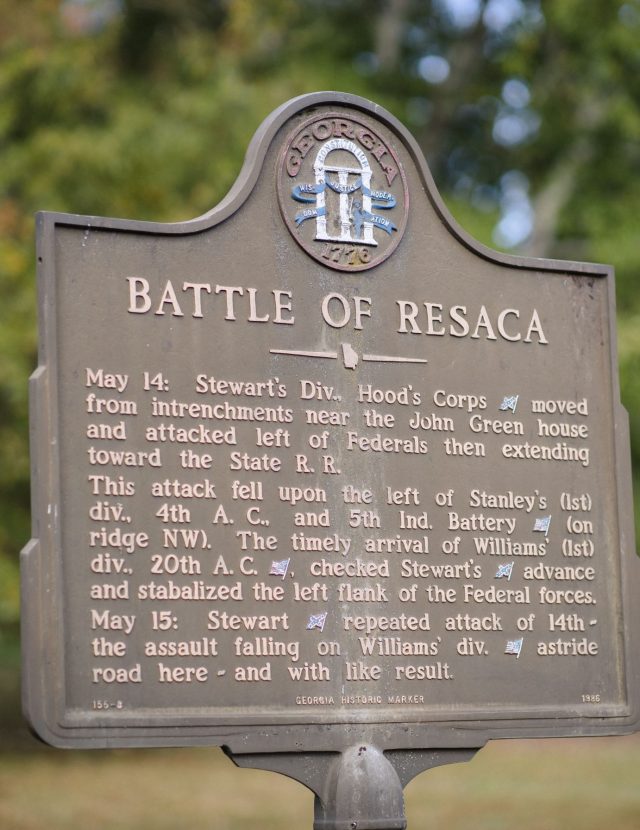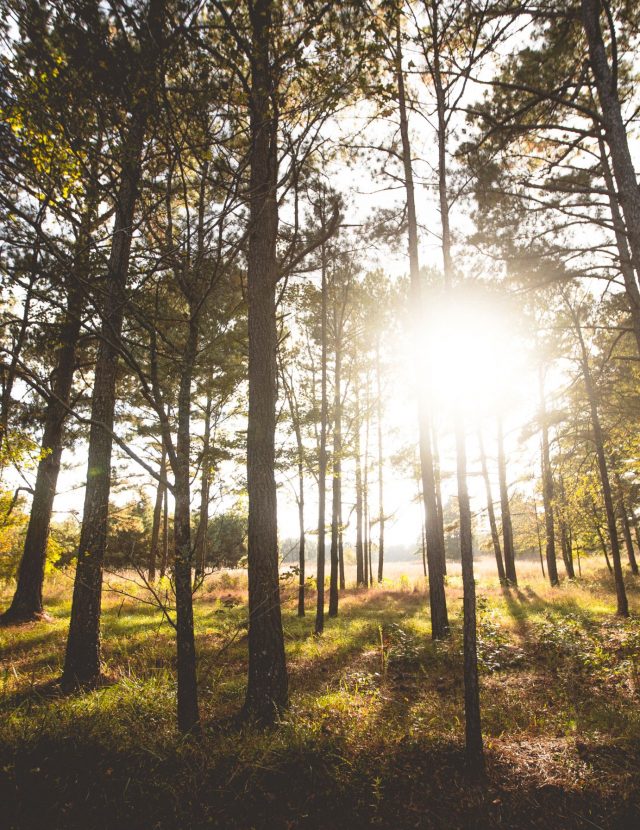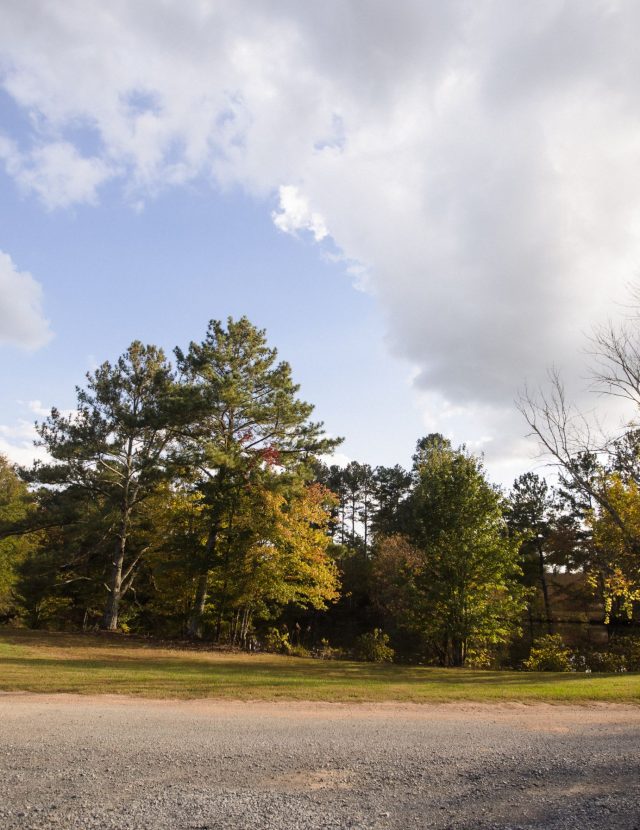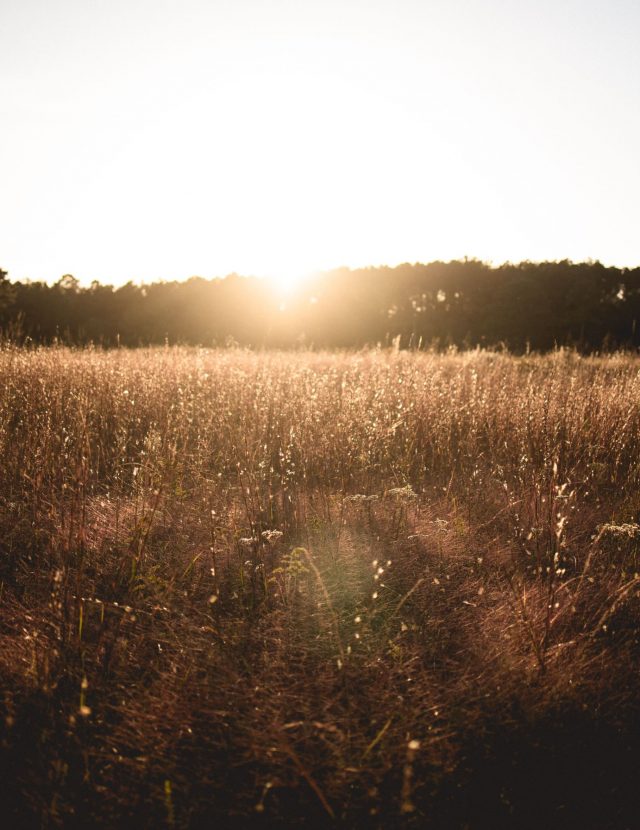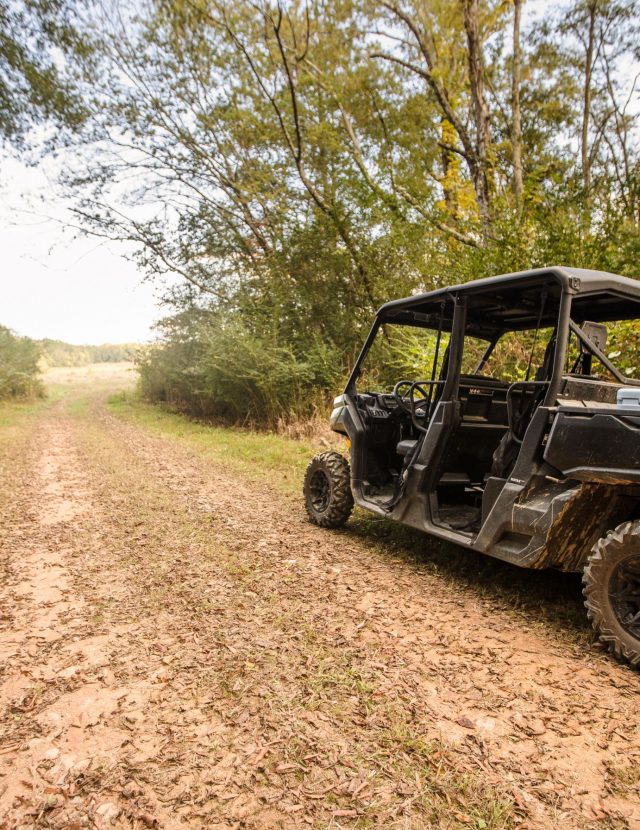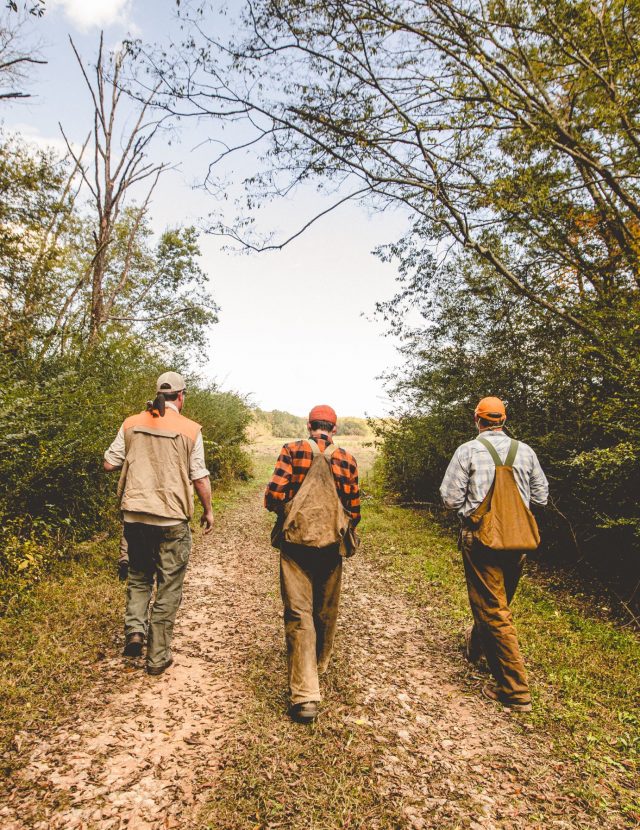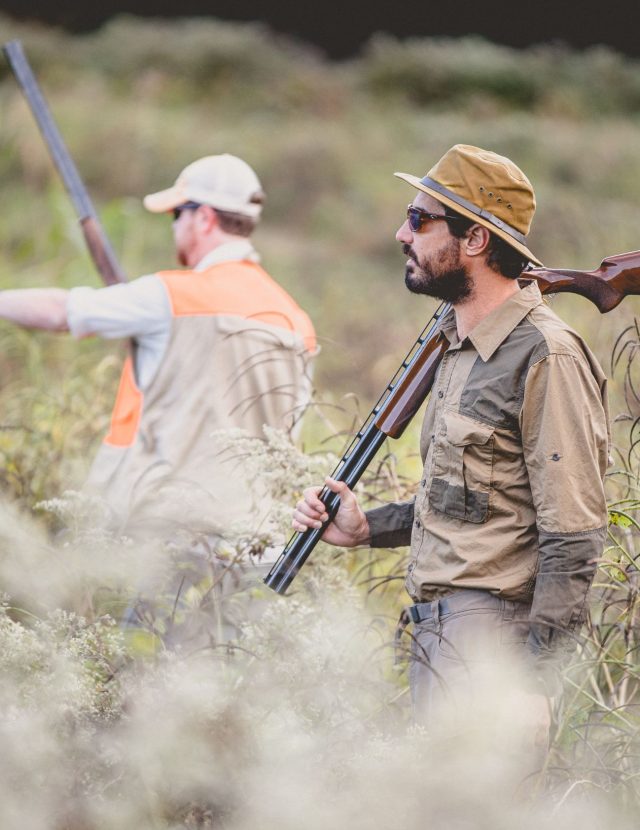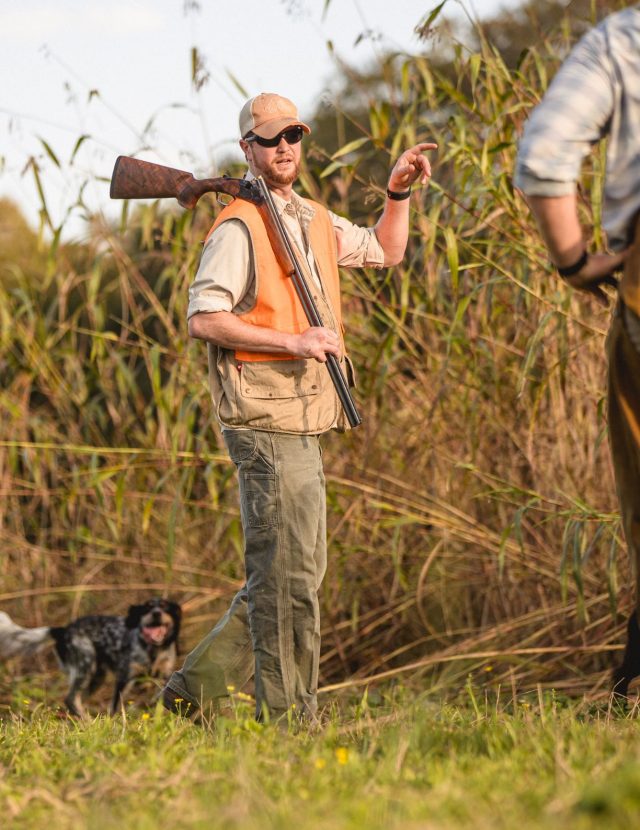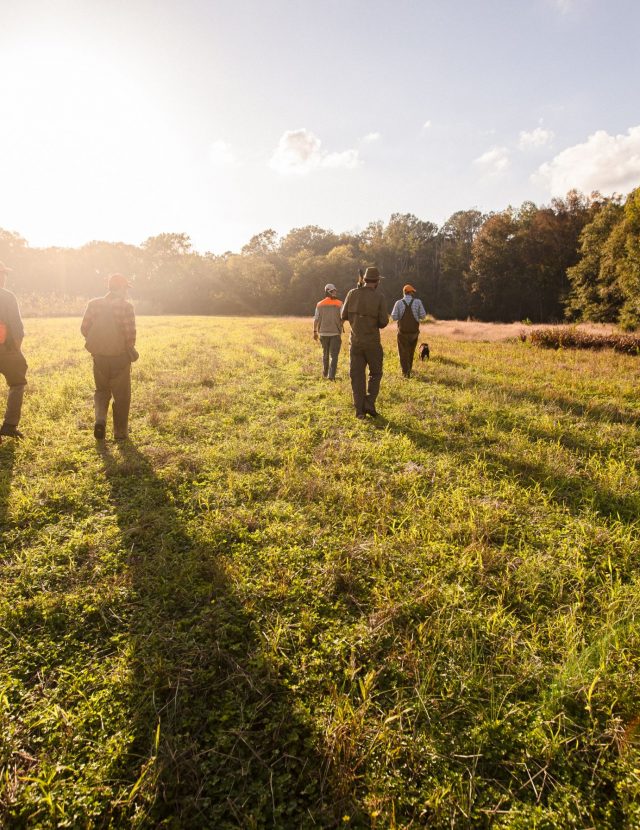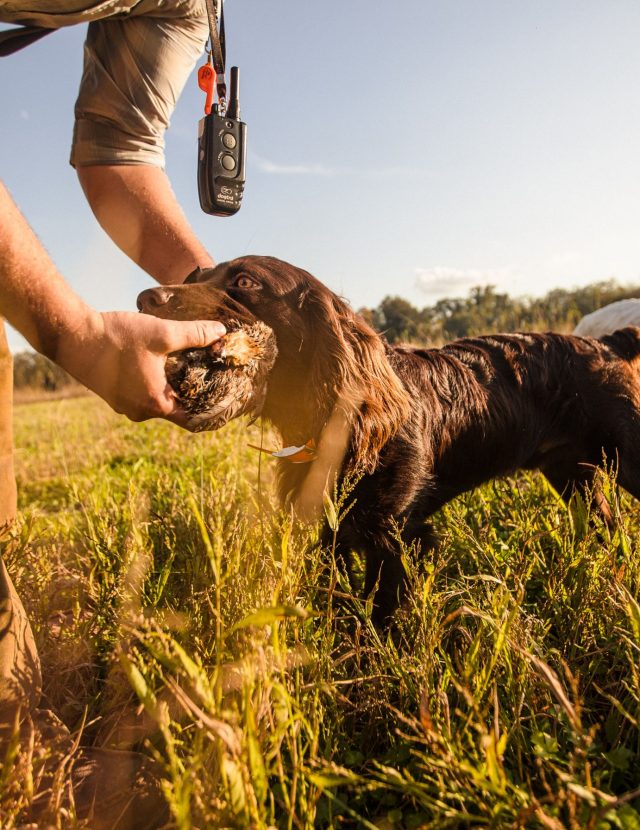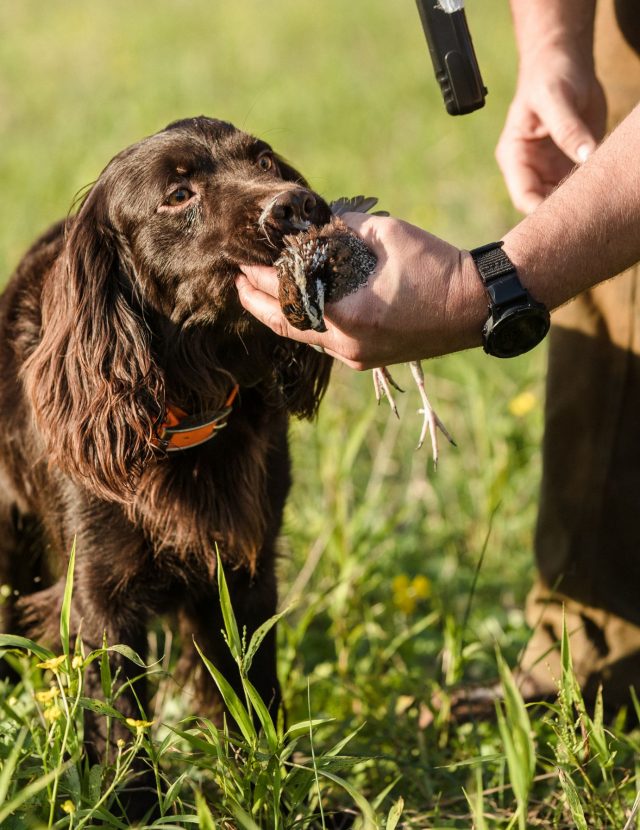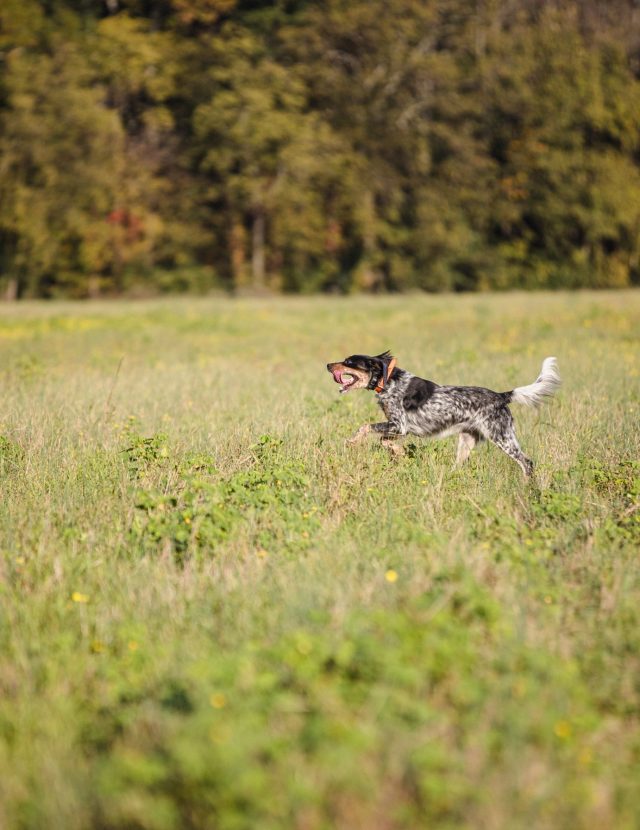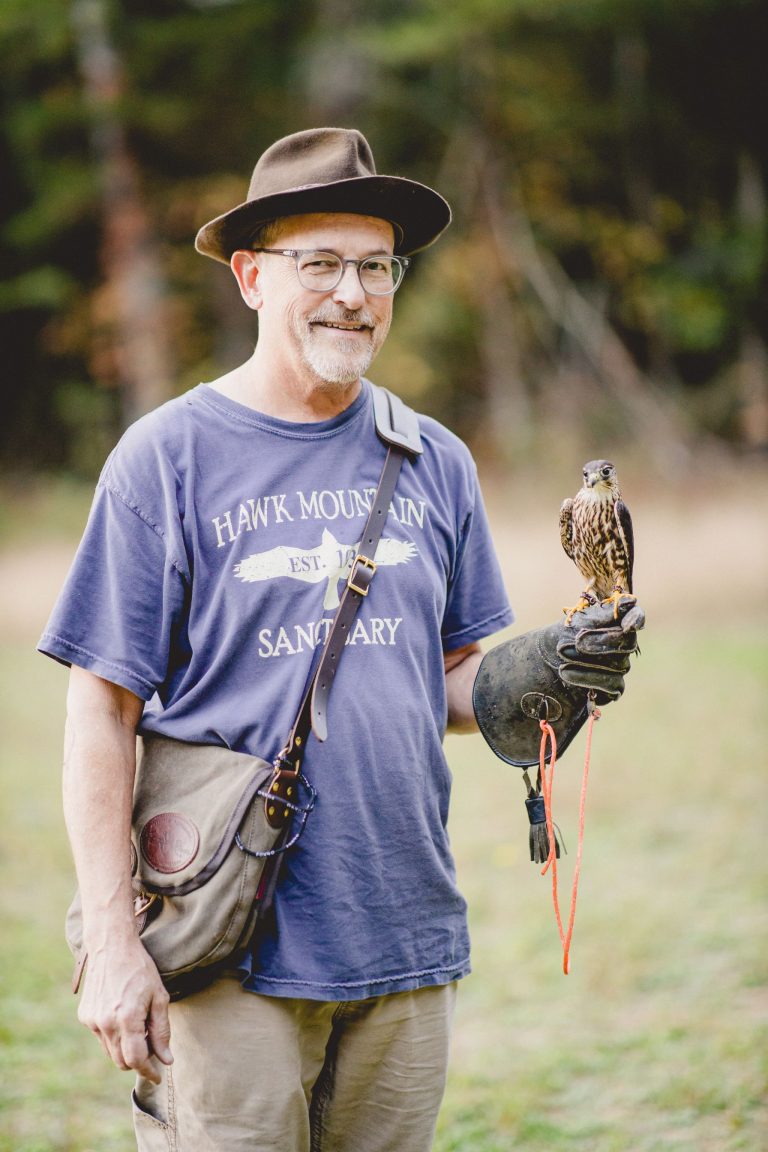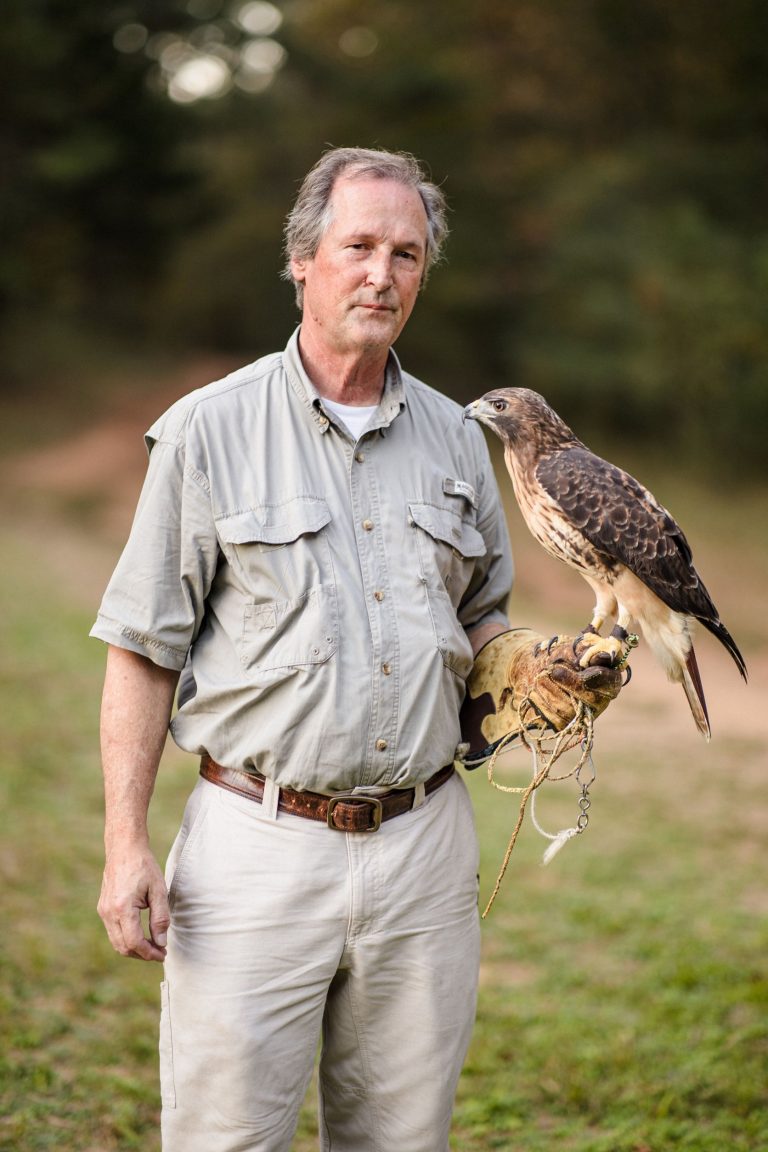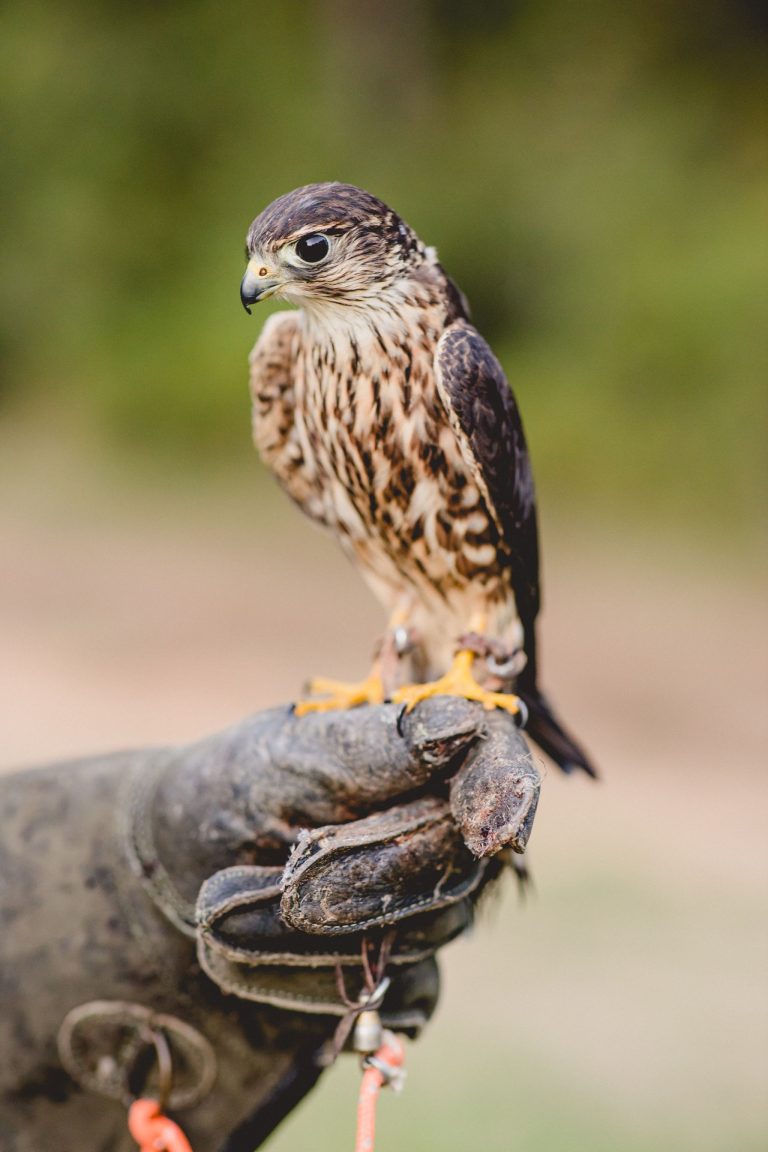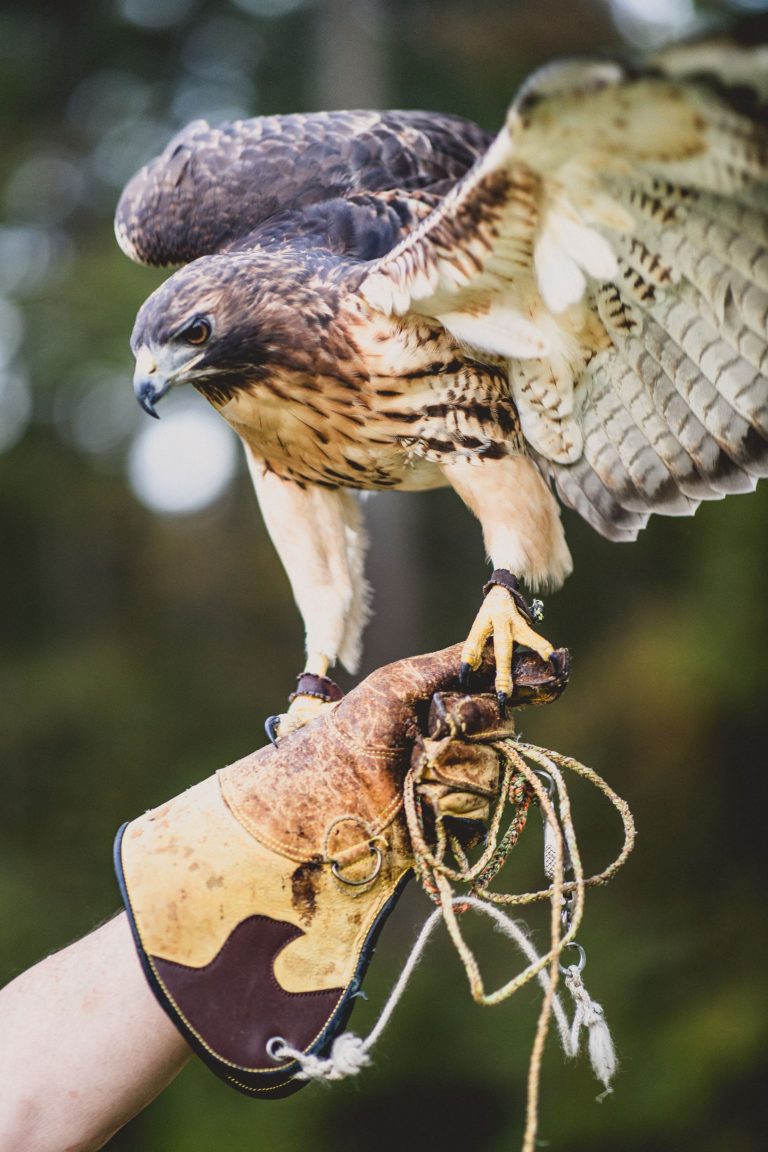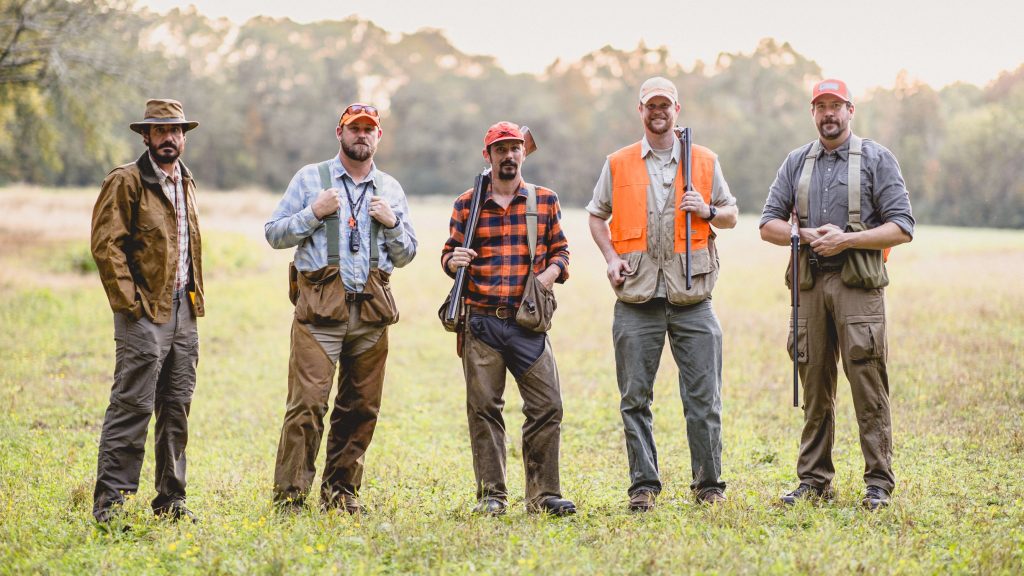
Photos Andy Calvert
History
In the northern half of Gordon County, Georgia, near the Conasauga River’s slow winding bends lies the Resaca’s small southern hamlet. Echoes of the past are scattered around this hallowed ground. The Battle of Resaca claimed over six thousand Union and Confederate lives during one of the bloodiest three-day skirmishes of the Civil War.
If you look closer, if you take the time to talk to folks that live here, you will find an abundance of life and heritage that are not uniquely linked to that painful time in history. This place’s future is that of tradition and is teeming with potential and harmony with the natural world.
Jesse Tennant and his family have owned much of the old battlefield site since his grandfather, Thurman F. Chitwood, purchased the land back in 1936 for a particular purpose; the time-honored Southern tradition of quail hunting.
It has been Jesse’s pursuit and passion to restore and preserve this sacred place for more than just a historic landmark in the middle of the North Georgia foothills. Chitwood Farms and Conasauga Outfitters offer a bit of everything to their clients, from guided quail, dove, pheasant, wild pig, and Falconry hunts.
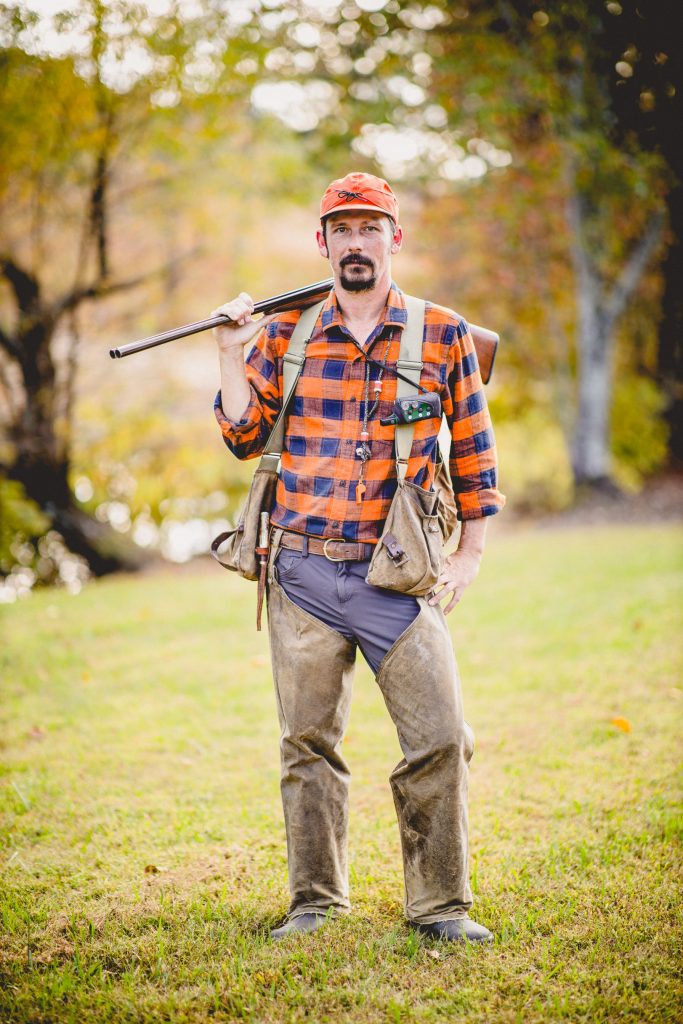
The Outfitter
As we loaded up our gear for an afternoon hunt on a warmer than usual fall afternoon, Jesse introduced me to his fellow guide and former college roommate, John Ellis and his Boykin Spaniel, Dale. After a short ATV ride with hunting dogs in tow, we meet up with Jesse’s partner and CFO of Conasauga Outfitters, Jackson Lance and other friends and family for a twilight hunt.
With the sun beginning to dip in the sky, the dogs located and pointed our first set of birds. Wild Bill, the young but aggressive blue belton setter, was frozen with his tail at the 12 o’clock, and his nose firmly fixed on the quarry we would soon assist in harvesting. With one command, John sent Dale in to drive the birds up and out and, and with one well-placed round from a .20 gauge over-and-under shotgun, the first of many rounds of this game quickly came to an end.
Walk, search, point, flush, shoot. Repeat as necessary. An old quail hunter once told me that if a covey rise over an expert dog doesn’t stop his heart for a moment, he would gladly retire from this avocation, but I have yet to meet a quail enthusiast that has reached that destination. A quail exploding from terra firma in a well-executed flush is a hook that sinks in the deepest for any avid wing shooter.
“Our main goal right now is to restore this land to a preserve for manageable quail habitat. We hope to start booking private guided quail, dove, pig, and Falconry hunts with a new spin on an old tradition”, said Tennant as we rode along in his ATV.
Preservation
In that regard, Jesse has worked tirelessly to create a welcoming and vibrant atmosphere at Chitwood Farms.
“The biggest threat to our wild quail population isn’t hunting or even predators like bobcats, hawks or coyotes, but rather the land (or the loss of it) to development and the invasive plant species that were introduced to the area via farming or other reasons. The Bobwhite Quail need very specific habitat and natural cover to survive and thrive.”
In this endeavor, Jesse has enlisted the help of wildlife biologists and conservationists from the United States Department of Agriculture, The Bobwhite Quail Initiative Program, and the National Bobwhite Conservation Initiative to aid in making Chitwood Farms a viable quail habitat.
“Right now, preserve hunting for released birds is what we can offer to our clients, but we would like to see more wild coveys and sustained growth here in the future. It’s very hard work, but it’s has been my passion and vision for a long time.”
Since the early 1960’s, the number of reported quail hunters in the state of Georgia has seen a rapid decline with an annual revenue loss estimated at $45 million, according to a recent study from the Georgia Department of Natural Resources GA Bobwhite Quail Initiative from 2013-2023. This loss in revenue means a lack of funds for research and preservation of wild quail habitat.
It is often counterintuitive when people realize that hunters are the largest conservationists in the United States. The Federal Wildlife and Restoration Act of 1937, more commonly known as the Pittman-Robertson Act, is proof of this. An excise tax on hunting gear and state and federal hunting licenses allocates funds for wildlife research. It goes to securing habitat for a number of wild game species that were at the brink of extinction towards the middle of the 1900’s.
Organizations like Ducks Unlimited, The Rocky Mountain Elk Foundation and the Theodore Roosevelt Conservation Partnership have contributed billions of dollars protecting the public and private land. The aforementioned BQI has the same goal for quail habitat in the state of Georgia.
We spent the rest of the afternoon picking up small groups of quail. Long open fields planted in rows of Egyptian wheat gave way to thinned out pine and hardwood forests made for challenging shots for even the most seasoned bird hunter. With the dogs happy but exhausted from their relentless searching and the sun starting its final descent, we decided to call it a day. We met up around a campfire where Jesse and his family and friends had a pot of homemade chili and cold beverages for the tired but happy hunters.
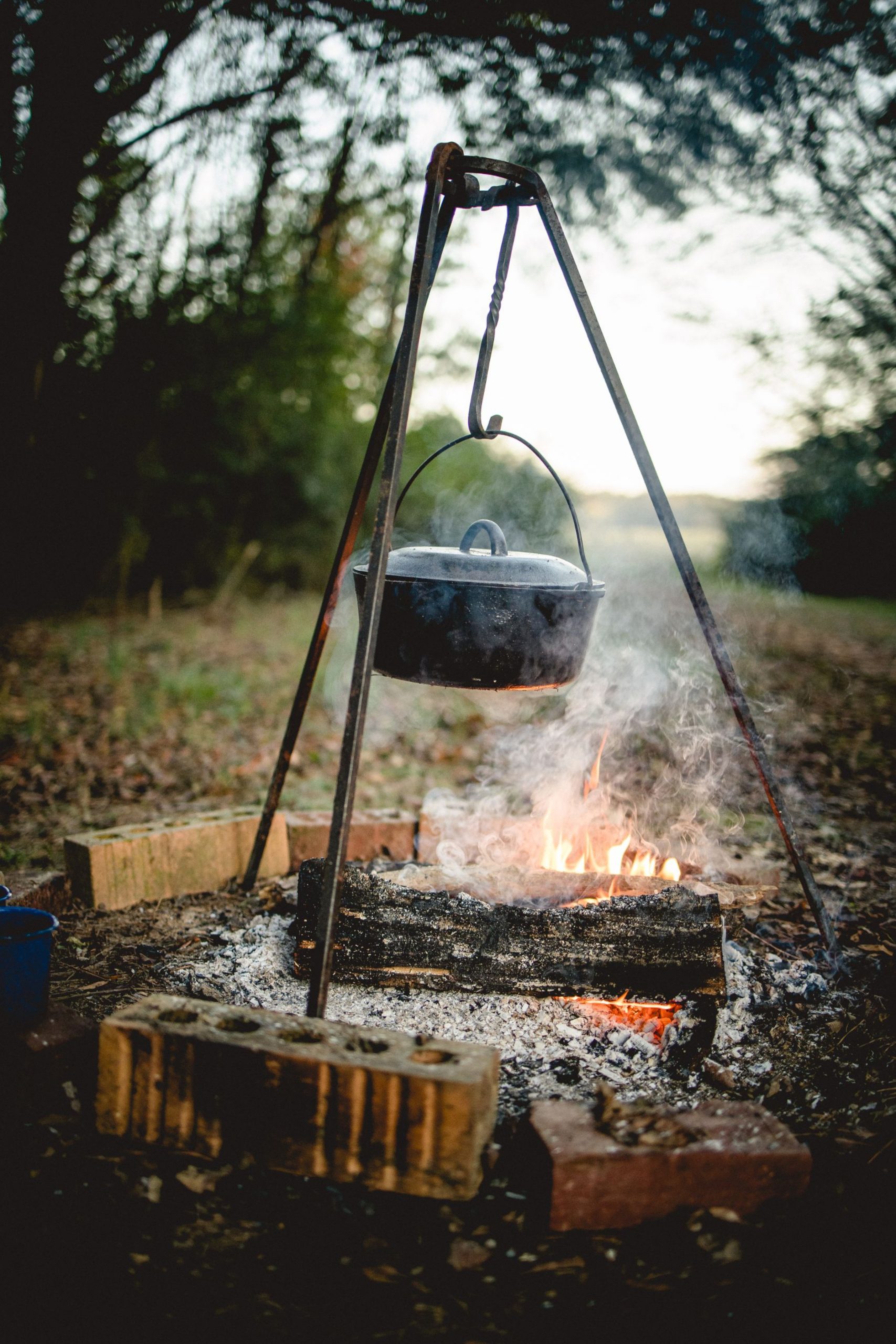
Jule Medders and his brother, Bret Medders, demonstrated their love for Falconry with their large and small birds of prey. They also plan on providing this experience here at Chitwood Farms through Conasouga Outfitters. Jule and Bret are members of the Georgia Gamehawkers Association. They have birds ranging from the very large and intimidating Red Tail Hawk to one of the smallest raptor species, the Merlin.
“Falconry has been a sport of human beings for nearly five thousand years. It is amazing to see what these animals are capable of when they are let loose from our gloves. Pure instinct takes over and you can understand why they are apex predators,” said Jule Medder.
Some of my fondest memories of quail hunting are the excellent dog work, expert marksmanship with a double-barreled shotgun and trying to find that lone single that keeps flying just out of reach into nearly impenetrable briars and brush. But more than that, it’s the comradery and fellowship that I experienced after the hunt.
As we recall them, the tales and the jokes and taunting of that one hunter that just couldn’t hit anything that day are the cherished after thoughts of an afternoon well spent. That one young setter couldn’t stop chasing field mice instead of quail and that mysterious covey of wild birds that tend to reside in the same location.
The hang, as hunters often refer to it, is a huge part of the hunt. Having that celebratory cold drink and cleaning quail for the frying pan or the crockpot are some of the warmest and fondest memories of a hard-earned but straightforward venture. I hope that for the Tennat family, Chittwood Farms, the guides, clients and anyone else curious enough to venture to Resaca, Georgia can share in this ageless Southern pastime.
If you are interested in booking a hunt at Chitwood Farms through Conasauga Outfitters, you can find them at www.consaugaoutfitters.com or on Facebook @ConasaugaOuttfitters.

